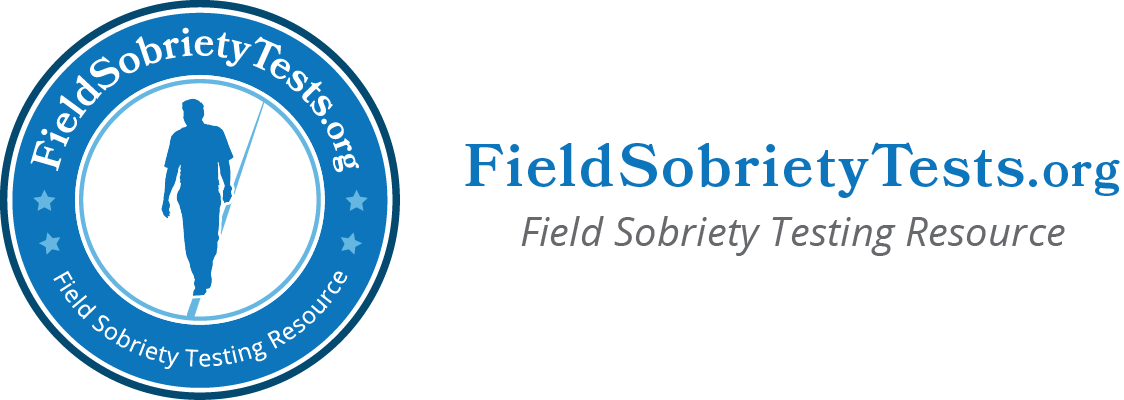Fighting Field Sobriety Tests
In many states, drivers can be charged with DUI even with a blood alcohol content (BAC) level below the legal limit—if the prosecution can establish that their ability to drive was impaired. To prove this, performance on the field sobriety tests may be used as evidence against the defendant. Fortunately, fighting these tests may be possible.
Challenging the Reliability of the Tests

Field sobriety tests are known for being subjective. When the standardized field sobriety tests were first recommended by the National Highway Traffic Safety Administration (NHTSA), they were shown to be only 47% accurate at predicting whether a driver was over the legal limit. The tests were then further standardized, which increased their accuracy rate to 82% (when all three tests—the one-leg stand, walk and turn and horizontal gaze nystagmus—are administered).
Many experts in this area, which include notable scientists, believe that the field sobriety tests are an unreliable indicator when it comes to establishing proof of intoxication. This argument could be made to challenge your field sobriety tests.
Challenging the Officer's Test Administration

To reduce the risk of error, guidelines were established for the administration of the field sobriety tests. Officers who do not correctly administer or grade the tests could render the results inaccurate, and the tests can be contested in court.
In addition, there are a number of physical and medical conditions that could impair an individual's ability to successfully complete the field sobriety tests. As the officer is not a trained medical professional, it would be very difficult for him or her to determine if it's intoxication or an inner ear condition that caused an individual to fail the one-leg stand or walk-and-turn tests.
